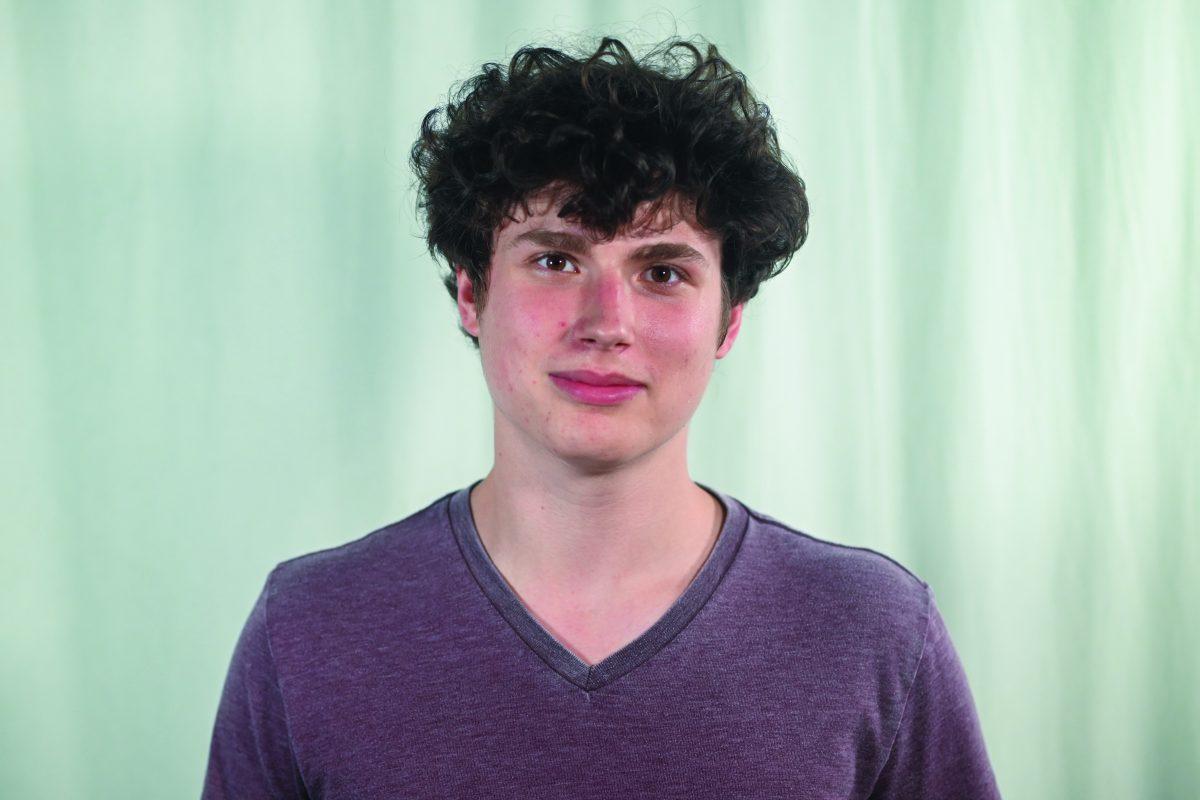
Jake Pekar.jpg
Some of our most trusted political analysts are non-experts — Joe Rogan is a podcaster and a former Fear Factor host, and Jon Stewart, while being far more politically savvy and a man with actual political relevance, would never call himself an expert. Yet overwhelmingly, the people listen to these two far more than they listen to many official outlets, let alone the experts themselves.
A key element of the solution is clear: Experts need to do a better job of appealing to the people.
There’s no mystery as to why the experts themselves don’t attract much attention. Who wants to read a research paper? Most people don’t have time, and most people don’t know how to scrutinize the methodology, and it’s not their responsibility to know.
If the experts don’t make their insights digestible, people won’t listen, which leads to an uninformed populace. And if experts respond to this crisis by continually steering clear of engaging with people who don’t trust them, falsehoods will continue to go unchecked.
This process was perfectly exemplified last year when Dr. Peter Hotez was invited by Rogan to debate Robert F. Kennedy Jr. about vaccines. He declined, saying, “Science is not something, typically, that we work through a debate mechanism … we work through scientifically peer-reviewed papers.”
Dr. Hotez provided another reason for refusing the debate, stating, “It would just be this endless string of false assertions about vaccines that I’d always be one behind debunking. And I’m sure he’d come up with something new.”
He further criticized Kennedy, adding, “Because he’s not committed to the truth about vaccines.”
I absolutely understand Dr. Hotez here; Kennedy is not a voice I would listen to on any of his major policy planks. He is thoroughly outside the bounds of serious political debate for me and most Americans.
On the other hand, millions of Americans do take Kennedy seriously, and the refusal of Dr. Hotez and other experts to engage on these issues means Rogan listeners and Kennedy supporters aren’t being exposed to another view. They just listen to their own side’s propaganda, unchallenged and uncontested — trapped in their echo chambers.
The fix to a pervasive social issue such as this is not simply to tell the masses to act better. People acting better is always good, but this course of action will not be a solution on its own, especially when there is the possibility for institutional change.
Experts should do a better job of dispersing the information in those peer-reviewed papers to the public in an understandable way.
But perhaps you, like Dr. Hotez, are skeptical that debating these figures is the way to do it. Throwing oneself into the ring with a conspiracy theorist is exhausting. No matter how many claims you debunk, no matter how much time you expend, they always have another obscure claim that you need to go through the same laborious process to expose as false. It makes sense that Dr. Hotez wants to avoid that.
On the other hand, someone has to do it. Folks like Kennedy are not irrelevant nutbags — these are high-profile nutbags. Their theories are influencing tens of millions of people, and there are many experts who are intimately familiar with these particular lies and capable of dismantling them. But if those errors continue to go unchecked by experts, the only people providing responses will be media organizations on the other side of the aisle. That state of affairs will accomplish nothing except for the fortification of the echo chambers.
Now, I am not saying the scourge of anti-vaccine sentiment — not to mention the popularity of countless other narratives riddled with errors — is the singular fault of Dr. Hotez and other scientists refusing a debate on the Joe Rogan Experience.
What I am saying is this refusal perfectly characterizes an ongoing issue in the information landscape. Although falsehoods would continue to spread even with increased cultural input from experts, the terrain is even more barren without it.
There are countless exaggerations that have dominated our politics in recent decades, not to mention outright fabrications. These problems are everyone’s responsibility to an extent, but they rest most squarely on the shoulders of the experts — those most qualified to deliver the correct information.
Any method that specialists and experts can use to make factual information more understandable by the masses is a good thing, whether through entertainment or any other channel. I have no doubt there are charismatic experts capable of engaging with falsehoods and producing appealing factual content that improves the space.
The question is — will they?